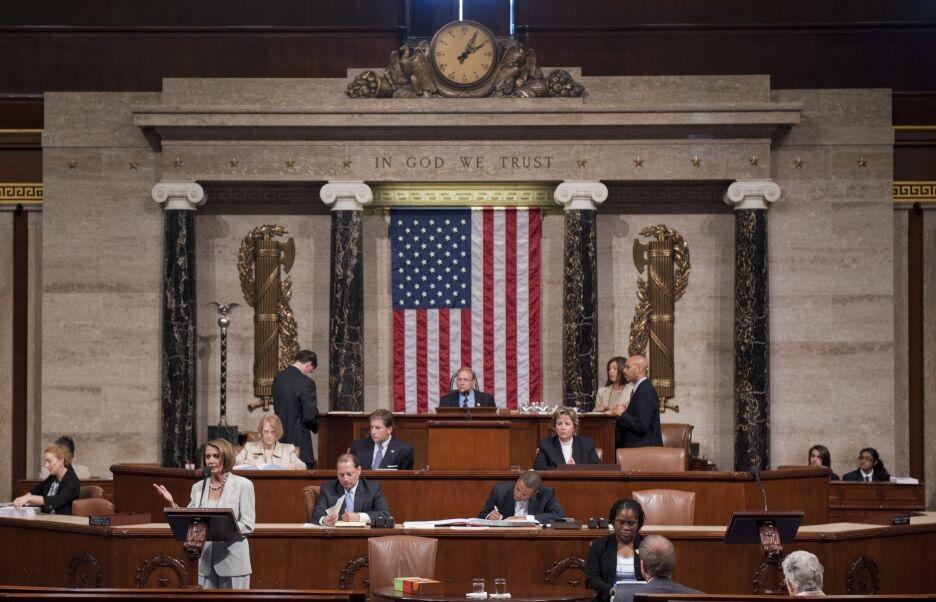It is no secret that hypocrisy and politics have always had a love affair. This is the way it has always been, and there is no change in sight. The root of this issue can be easily identified. It is what every politician wants, whether they care to admit it or not: power.
The most recent example of this is the nomination of Judge Amy Coney Barrett to the Supreme Court. In 2016, when former President Barack Obama nominated Merrick Garland to the Supreme Court, there was a divide in power: The White House was controlled by Democrats and the Senate was controlled by Republicans. Senate Majority Leader Mitch McConnell said “not on my watch” to this appointment.
When Obama made his appointment there were 237 days left until the 2016 election. Regardless of this, McConnell blocked the nomination. In a 2016 Washington Post opinion piece, McConnell and Republican Senator Chuck Grassley wrote that it was because “the American people should seize the opportunity to weigh in on whom they trust to nominate the next person for a lifetime appointment to the Supreme Court.”
Republican Senator Lindsey Graham even made a statement in 2016 saying that should there be a vacancy in the last year of a Republican president’s term, they should not make an appointment in an election year. Since then, Senator Graham has completely reversed his position. This is politics, plain and simple. Garland’s nomination was blocked because the Republicans were in power and therefore had the ability to do so.
With less than a month away from election day, the Senate plans to move forward with the nomination of Judge Amy Coney Barrett. There is no way to spin it — this is a hypocritical move. The difference between now and 2016 is that the White House and the Senate are controlled by the same party, so their interests are aligned. There have been many Supreme Court nominations made in election years, so history is certainly on the side of Senate Republicans. However, considering the actions of the GOP in 2016, that does not make this move any less hypocritical.
It strains credulity to believe that if the tables were turned, the same thing would not be happening. In other words, if Hillary Clinton had won in 2016 and the Democrats held a majority in the Senate today, they would certainly be moving forward with a nomination. It ultimately boils down to one thing — who has power.
While the nomination of Amy Coney Barrett should be put to a vote (the Constitution does not give a time constraint on presidential appointments), the hypocrisy of the Republicans is clear and blatant.
This example of hypocrisy is just one of many; it isn’t possible to present all the hypocrisy in American politics in one lifetime. This has led to a laissez-faire attitude about the premise of hypocrisy being a part of politics. People have accepted the idea that this is the way things are and have become complacent.
It is an idea which must be strongly rejected.
Elected officials are chosen because, in theory, they are supposed to represent us in a principled way. They are supposed to be the cream of the crop, the best and the brightest. It is obvious that this is not always the case, but this does not mean that they should not be held accountable for their actions. As citizens, we must reject the idea that politicians can be so nonchalant in their decisions just because they’re in power. It is not principled. We must hold ourselves, and our elected officials, to a higher standard.
Sam Somogye is a political science senior and columnist for The Battalion.
















